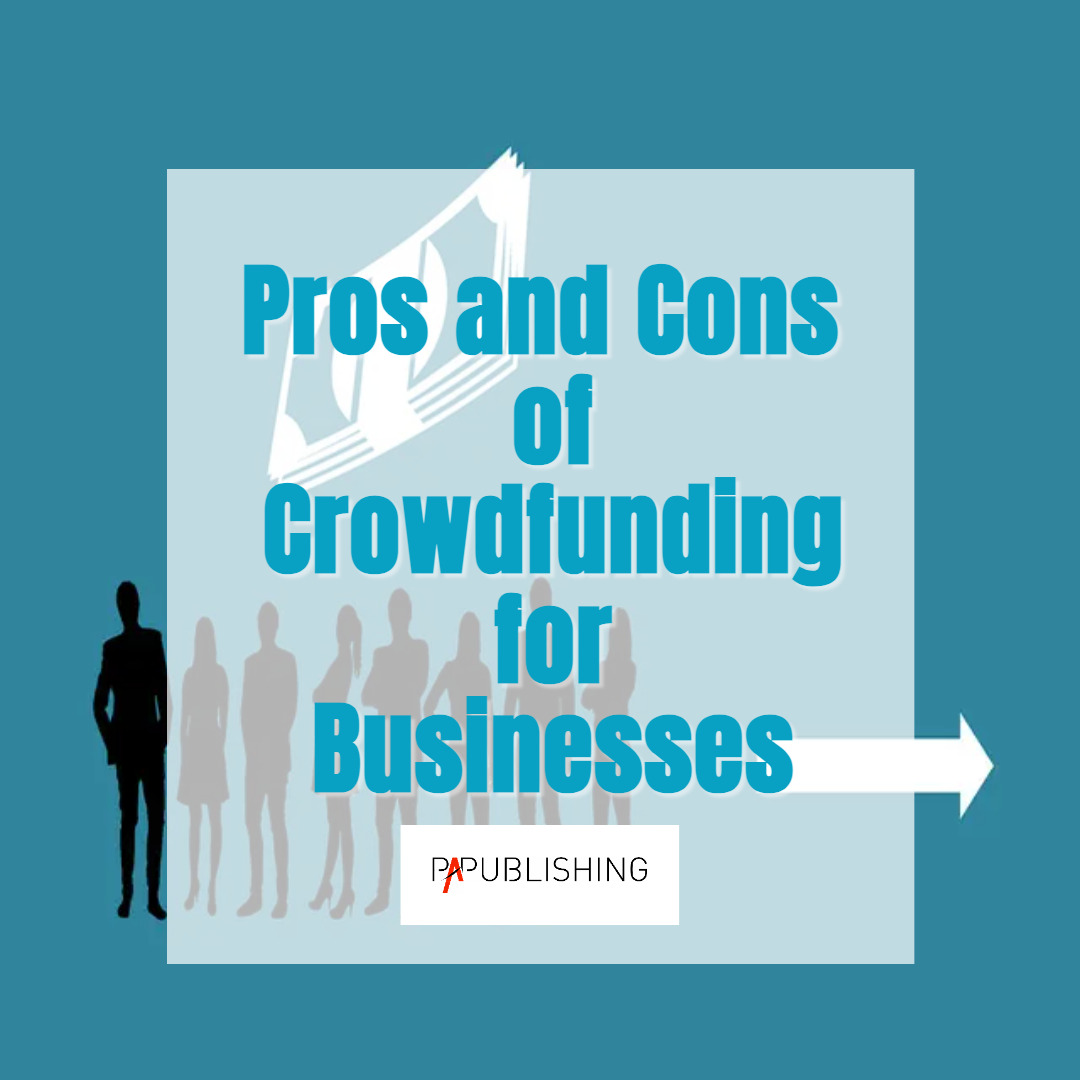Pros and Cons of Crowdfunding for Businesses
Are you starting a business and looking for funding options? What if we tell you that getting a loan from the bank isn’t your only option? Crowdfunding is a low-risk method of getting funds from multiple investors that believe in your business idea. If you aren’t familiar with the concept, don’t worry, we’ve laid out all the pros and cons of crowdfunding for you.
Now you may be wondering, “How does crowdfunding work?” So let’s dive into that first.
Table of Contents
How Does Crowdfunding Work
To communicate with investors for crowdfunding, you could create your own website or use one of the many available crowdfunding platforms. On these platforms, you can pitch your business idea to investors. Those who believe your business could be productive will then financially contribute as much as they can to fund your start-up.
Investors could get rewards, equity, or even nothing in return, depending on your chosen crowdfunding type. You can also get debt-based donations.
Here are the pros and cons of crowdfunding.
Pros of Crowdfunding
1. Increased Exposure: This is one of the major pros among our list of crowdfunding pros and cons. Crowdfunding campaigns can help businesses gain exposure from a larger audience and brings in tons of new investors and customers. You earn a fast-growing community that recognizes your brand.
2. Customer Engagement: Crowdfunding allows businesses to engage with their customers. These customers can give you helpful feedback, suggestions, and ideas so that you can improve your product.
3. Product and Idea Validation: By running a crowdfunding campaign for your business product, you can test its demand before investing time and resources. Knowing that there is no demand for your product will allow you to change your business idea.
4. Fast and Easy Way to Raise Captial: Unlike traditional methods of fundraising, such as bank loans, crowdfunding business loans are a quicker and easier way to collect funds for your business.
Cons of Crowdfunding
1. Not Reaching Your Funding Goal: Even if you put a lot of effort into your crowdfunding campaign, you have very little control over the outcome. The majority of crowdfunding campaigns fail to meet their goals. In a recent study, the success rate of funded projects on the crowdfunding website Kickstarter was found to be only 40.3%.
2. Time-Consuming: Running a crowdfunding campaign takes significant time and preparation. To succeed, you must create a compelling pitch, market your campaign, and manage the whole fundraising process. If you are someone who doesn’t know how to manage their time, your campaign is bound to fail.
3. Stolen Ideas: When it comes to the pros and cons of crowdfunding, the biggest drawback of publicly campaigning your project is idea theft. If you don’t know how to protect and copyright your ideas, they may be vulnerable to copycats who will pitch them to other investors.
4. Risking Your Reputation: Most of the time, fundraising campaigns are open to public scrutiny. If you are irresponsible and fail to deliver what you promised, your business could face negative feedback, and the criticism could damage your reputation. The negative publicity can also drive away potential investors.
Bottom Line
After knowing the pros and cons of crowdfunding, the next step is to start searching platforms to campaign your business idea. When comparing the crowdfunding advantages and disadvantages, the cons may seem overwhelming.
However, this funding method is way less risky than getting a loan from the bank and risking debt if the business fails. Even if crowdfunding doesn’t work for you, you’ll have no debt. Instead, you’ll have the right feedback to improve your business idea.

